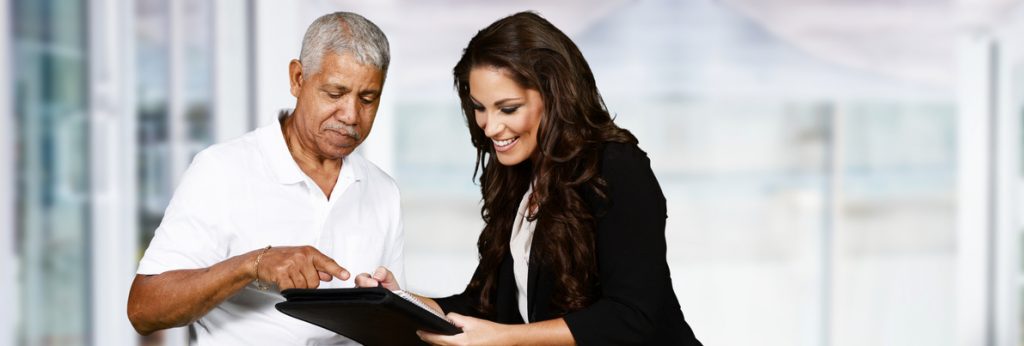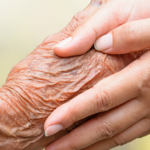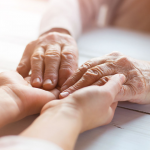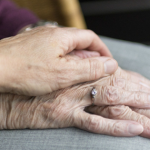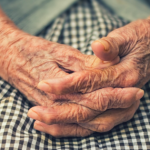Elder Care Service: Five Roles of Caregivers
Statistics show that there is a great need for caregivers and elder care service providers. The population of individuals aged 60 and over is expected to grow from 12% to 22% between the years 2015 and 2050. Planning now for when a loved one may need some elder care solutions will make the transition easier later on. Here’s a look a some of the areas addressed by elder care service providers:
- Providing Reassurance and Hope: Managing the anxiety level of a patient is a critical role of elder care service professionals. This takes a great deal of empathy, training, and flexibility. One day, a patient may be calm and rational; but the next day that same patient could be highly agitated. A care guardian must be able to relate to the patient in a way that is best to help calm their anxieties.
- Administering Medications: As an adult guardian, a caregiver must also act as a health care advocate. This involves making sure that all medications are administrated properly and recorded efficiently and accurately. It also may include answering questions from family members about the patient’s medications. Another dimension may also include arranging appointments for the patient and transporting them safely to and from the appointment site.
- Preventing Wandering: Wandering is an especially dangerous problem in those patients with dementia or confusion. The presence of a caregiver serves as a watch, to prevent any situation which may be perilous for the patient.
- Ensuring Proper Nutrition: Mealtime can be a stressful point in the day for patients who require the assistance of elder care service professionals. Caregivers not only deliver and present meals to the patient, but they also provide engaging company which encourages the patient to have an enjoyable meal. The result of this is that patients keep up their strength and avoid skipping meals.
- Maintaining Personal Hygiene: The care and attention provided by a caregiver benefits a patient in many ways; but personal hygiene is one of the simplest and at the same time, one of the most effective. Good personal hygiene rejuvenates the mind, body, and spirit. With the help of a caregiver, patients feel much better about themselves after some pampering!
Five Roles of a Caregiver
As seen in these instances, a caregiver does it all, and is dedicated to assisting the individual in all kinds of ways. Yet, as a patient care advocate, the challenges of guardianship can take a toll. It has been recorded that signs of depression are apparent in a total of between 40% and 70% of all caregivers. This is especially true of caregivers who live in the same home as the person they are assisting.
There is a saying that the presence of a caregiver is like a ray of sunshine in the life of a patient. When a family member or loved one needs the benefit of an elder care service professional, the presence of a caregiver may also add sunshine to the lives of those who care about the patient, too.

